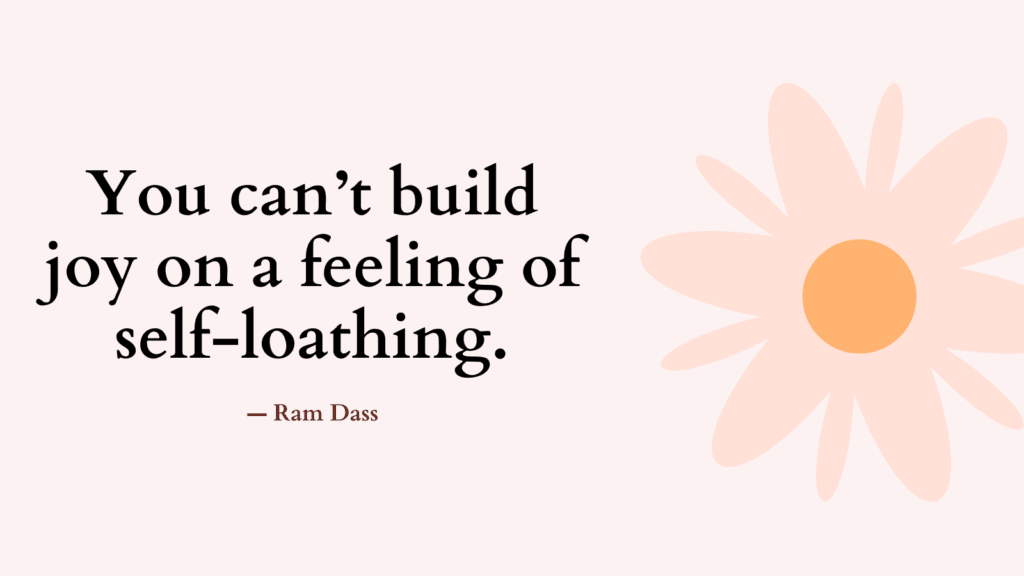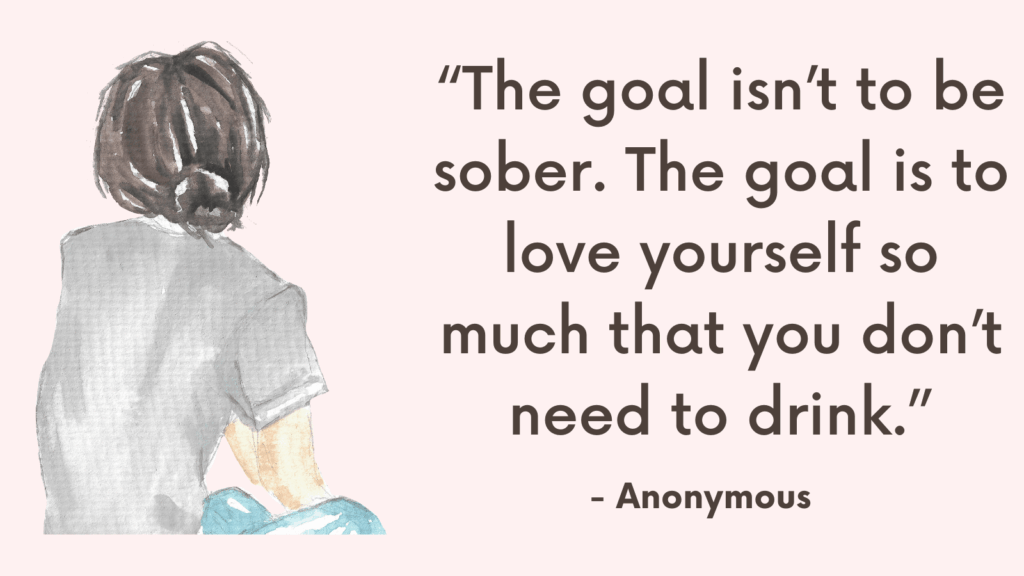In this post, you’re going to learn how to avoid addiction.
What Constitutes an Addiction?
Addiction is generally characterized by a compulsive and repetitive engagement in a behavior or use of substances, despite negative consequences or a desire to stop.
It goes beyond mere preference or occasional use.
Here are some key features that help define addiction:
1. Loss of Control: Individuals with addiction often struggle to control their engagement in the behavior or substance use, despite repeated attempts to do so. They may find themselves unable to moderate or stop their consumption.
2. Cravings: Addicted individuals frequently experience intense and recurrent cravings or urges to engage in the behavior or use the substance. These cravings can be difficult to resist and can persist even when the person is aware of the negative consequences.
3. Tolerance: Over time, individuals with addiction may develop tolerance, meaning they require increasing amounts of the substance or engagement in the behavior to achieve the desired effect. This can lead to escalated usage patterns.
4. Withdrawal: When individuals abruptly reduce or cease their substance use or addictive behavior, they may experience withdrawal symptoms. These symptoms can vary depending on the substance or behavior but often include physical, emotional, and psychological discomfort.
5. Interference in Daily Life: Addiction tends to interfere with an individual’s ability to meet their responsibilities at work, school, or home. It can also affect their relationships, finances, and overall well-being.
How to Avoid Addiction?
Preventing addiction involves understanding the risk factors, developing healthy coping mechanisms, and making mindful choices in various aspects of life.
1. Knowledge is Power
Understanding the risk factors and consequences of addiction is essential.
Educate yourself about the potential risks associated with substances, behaviors, and activities that can lead to addiction.
Stay informed about the ways addiction impacts physical health, mental well-being, and relationships.
Related: How to Break the Addiction Cycle? [Definitive Guide]
2. Build a Strong Support Network
Having a supportive social network can act as a protective factor against addiction.
Surround yourself with friends and family members who encourage healthy choices and provide emotional support during challenging times.
Connect with like-minded individuals through community groups or support networks focused on similar interests or hobbies.
3. Develop Coping Skills
Stress and emotional distress are common triggers for addiction.
Developing healthy coping mechanisms will help you navigate life’s challenges without resorting to substances or addictive behaviors.
Consider engaging in activities such as mindfulness exercises, meditation, exercise, creative outlets, or therapy to develop effective coping skills.
4. Focus on Mental Health
Addressing underlying mental health concerns is crucial in preventing addiction.
Seek professional help if you are experiencing symptoms of anxiety, depression, or any other mental health disorder.
Mental health professionals can provide guidance, support, and appropriate treatment options.
Related: 4 Stages of Addiction (+FREE Worksheets)
5. Set Realistic Goals
Setting achievable goals can help maintain a sense of purpose and motivation.
Break larger goals into smaller, manageable steps to avoid becoming overwhelmed or discouraged.
Celebrating small victories along the way will build confidence and reinforce positive behaviors.
6. Prioritize Self-Care
Taking care of your physical and emotional well-being is vital for prevention.
Get enough sleep, eat a balanced diet, and engage in regular exercise.
Practice self-compassion and engage in activities that bring you joy and relaxation.
7. Limit Exposure to Triggers
Identify situations or environments that may trigger addictive behaviors and make an effort to minimize exposure to them.
This could involve avoiding certain social circles, altering routines, or finding alternative activities that do not involve substances or addictive behaviors.
Related: What Is Emotional Sobriety and How to Achieve It? (+FREE Worksheets)
8. Foster Resilience
Resilience is the ability to adapt and bounce back from adversity.
Cultivate resilience by fostering a positive mindset, learning from setbacks, and developing problem-solving skills.
Enhancing resilience strengthens your ability to cope with life’s challenges without turning to addiction.
9. Engage in Healthy Activities
Active engagement in healthy activities can promote well-being and reduce the inclination towards addictive behaviors.
Participate in activities that provide a sense of fulfillment, purpose, and accomplishment.
This may include sports, hobbies, volunteering, or creative pursuits.
Related: How to Enjoy Being Sober? (+FREE Worksheets)
What Causes Addiction to Develop?
Addiction is a complex condition influenced by a combination of genetic, environmental, and psychological factors.
By understanding the underlying causes, we can gain insight into why addiction develops in individuals.
1. Genetic Factors
Research suggests that genetics play a significant role in addiction susceptibility.
Certain genetic variations can increase a person’s vulnerability to developing an addiction.
However, having these genetic traits does not guarantee addiction.
Genetic factors interact with environmental and psychological factors to influence addiction development.
2. Environmental Factors
The environment in which an individual lives and grows up can significantly impact their likelihood of developing an addiction.
These factors include:
a. Family Dynamics: Family history of addiction, dysfunctional relationships, neglect, or abuse can contribute to the development of addiction.
b. Peer Influence: The influence of friends, peers, or social circles that engage in substance abuse or addictive behaviors can increase the risk of developing an addiction.
c. Availability and Exposure: Easy access to addictive substances or engaging in activities associated with addiction increases the likelihood of developing addictive behaviors.
d. Traumatic Experiences: In cases where individuals have experienced trauma, such as physical or sexual abuse, accidents, or witnessing violence, addiction can be used as a coping mechanism to numb emotional pain.
Related: What Is Emotional Addiction & How to Overcome It
3. Psychological Factors
Psychological factors also contribute to the development of addiction. These factors include:
a. Mental Health Disorders: Individuals with mental health disorders, such as depression, anxiety, or attention-deficit hyperactivity disorder (ADHD), have a higher risk of developing addiction as a form of self-medication.
b. Impulsivity and Sensation Seeking: Some individuals are more prone to impulsive or sensation-seeking behavior, making them more susceptible to experimenting with addictive substances or behaviors.
c. Coping Mechanisms: Poor or ineffective coping mechanisms, such as avoiding problems or using substances to escape reality, can lead to the development of addiction.
4. Neurochemical Aspects
Addictive substances can affect the brain’s reward system, leading to profound changes in neural pathways.
Dopamine, a neurotransmitter involved in pleasure and reward, plays a pivotal role in addiction.
Repeated exposure to substances or addictive behaviors can alter dopamine levels, reducing the brain’s response to natural rewards and reinforcing the need for the addictive substance or behavior.
5. Social and Cultural Factors
Societal and cultural influences also contribute to addiction development. These factors include:
a. Media Portrayal: Glamorization of substance abuse or addictive behaviors in media can normalize or encourage such behaviors.
b. Cultural Acceptance: Societies or communities with permissive attitudes towards substance use may inadvertently contribute to a higher prevalence of addiction.
c. Stigma and Social Exclusion: Stigmatization of individuals struggling with substance abuse can create barriers to seeking help, perpetuating addictive behaviors.
Addiction is a result of complex interactions between genetic, environmental, and psychological factors.
Understanding the causes helps shed light on why some individuals may be more vulnerable to addiction than others.
However, it’s important to remember that addiction is not solely determined by these factors, and each individual’s experience is unique.
Related: 5 Stages of Addiction Recovery (+FREE Worksheets)

Conclusion
Preventing addiction requires a holistic approach that addresses various aspects of one’s life.
By gaining knowledge, developing healthy coping skills, fostering supportive relationships, and seeking professional help when needed, individuals can significantly reduce their vulnerability to addiction.
Remember, every individual is unique, and what works for one may not work for another.
Embrace a personalized approach and be patient with yourself as you embark on this journey towards a healthier, addiction-free life.



